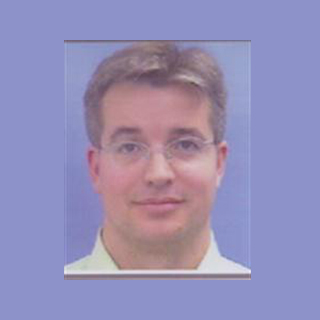
The study authors are of the opinion that application of catheter ablation, in which radio frequency energy is discharged from a catheter seems to eradicate the basis of an asymmetrical heartbeat. This appears to have resulted in considerably improved outcomes in patients suffering from paroxysmal atrial fibrillation who had not reacted formerly to antiarrhythmic drug therapy.
Dr. Hall commented, “The study is of major significance because it is the first one involving multiple high-volume ablation centers that demonstrated that ablation was more effective than drug therapy in treating atrial fibrillation.â€
Around 66 percent of patients in the catheter group had apparently evaded treatment malfunction at the conclusion of the nine-month study, against 16 percent of patients treated with drug therapy, with noticeable connotations for clinical practice.
The study was performed at around 19 hospitals and integrated about 167 patients who seem to have undergone at least three AF occurrences in six months prior to randomization. Employment took place between Oct. 2004 and Oct. 2007, with the final follow-up on January 19, 2009. In the main result the study authors appeared to concentrate on time to protocol-defined failure, which incorporated recorded symptomatic paroxysmal AF during the assessment duration.
Patients suffering from AF could have an augmented long-standing danger of stroke, heart failure and all-cause death. Even though anti-arrhythmic drugs may usually be utilized as first-line therapy to treat patients with AF, eventually they may be linked to increasing unfavorable consequences and their efficiency remains incoherent. Catheter ablation has supposedly turned out to be a substitute therapy for AF.
Approximately 70 percent of patients treated by catheter ablation apparently did not have symptomatic recurrent atrial arrhythmia against about 19 percent of patients treated with ADT. Moreover, 63 percent of patients treated by catheter ablation appeared to be liberated of any recurrent atrial arrhythmia as opposed to 17 percent of patients treated with ADT. Patients in the catheter ablation group apparently also accounted for considerably improved average symptom incidence and severity scores at three months on measures of standard of life.
The authors are of the opinion that catheter ablation provided significantly better rhythm control and improved quality of life with a favorable safety profile. These findings argue for early use of catheter ablation therapy in patients with paroxysmal AF unresponsive to initial attempts with pharmacologic control.
The study was published in the Journal of the American Medical Association (JAMA).
